A New Era for Legacy Admissions Practices?
Amherst College Ending Legacy Admissions
Recently, Amherst College announced plans to end its practice of giving admissions preference to legacies — in other words, the children of the college’s alumni. It now joins several schools that have scratched legacy admissions preferences to achieve fairness and increase access to their campuses.
Increasing Financial Aid
In addition to taking the lead in ending legacy admissions, Amherst also announced that it will increase its financial aid programs by $71 million per year, focusing that assistance on students from lower- and middle-income families. These funds will allow more students to attend, while increasing the diversity of students on campus. These are significant steps for the college to take and, ideally, will serve as inspiration for more schools to follow.
Legacy Admissions Criticisms
For nearly a century, many colleges and universities gave and continue to give admissions preference to the children of alumni. Although this practice has been criticized for years, it took the Varsity Blues admissions cheating scandal, various legal challenges to the admissions practices at elite universities, and clear inequalities exposed by a pandemic to start seeing some changes.
Which Colleges Consider Legacy Status
Still, a 2018 survey of 499 college and university admissions officers conducted by Inside Higher Ed and Gallup found that 42% of private institutions and 6% of public institutions consider legacy status.
Colleges and universities that give legacy preference defend their practice by claiming that:
- They can raise more private donations from alumni if they give a leg up to their children, and then they can use those funds to help lower-income students pay for school.
- Students of college-educated parents are more likely to complete a degree than students whose parents did not attend college.
However, these reasons stand at odds with one another, as lower-income students, especially BIPOC (Black, Indigenous, People of Color) students, are admitted at a lower rate than those who are generally more well-off thanks to the advantage of legacy admissions. Thus, the increased revenue that colleges are allegedly making from wealthier alumni parents is not matched with a larger pool of incoming students who actually need the money. Therefore, the logic of universities using these reasons to defend legacy admissions policies essentially cancels itself out. Suffice to say, it’s about time we had some widespread change in our admissions systems.
Future Legacy Admissions Policies
However, these questions remain: how many more colleges and universities will end their legacy admissions practice, and how many of them will stick to their current practice? As more and more institutions of higher education tout social-justice-based equity programs as centerpieces of their educational missions, potentially outdated admissions practices begin to seem anachronistic, as if they are vestiges of a more insular era. Our current era is one in which the world needs hope, kindness, and a desire to bridge racial and socio-economic divides that became so very wide throughout our country’s fraught history. It is my hope, then, that those making admissions decisions for our nation’s universities take a long hard look at how their policies impact the potential of America’s future crop of leaders. Because, at this point, it seems like we’ll need all of the diverse perspectives we can get.
Share Your Thoughts on Legacy Admissions and Reach Out
If you missed my blog on the general topic of legacy admissions, read it here. I’d love to hear your thoughts on this ongoing matter.
And if you have any questions about legacy admissions and how it might affect your student, don’t hesitate to reach out.
Share this article

Follow us
A quick overview of the topics covered in this article.
Latest articles
Reading Time : 4 mins
Reading Time : 1 mins
Reading Time : 2 mins




